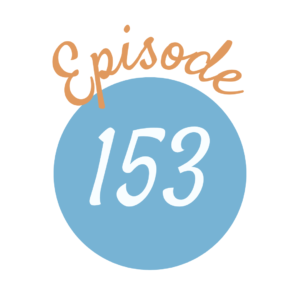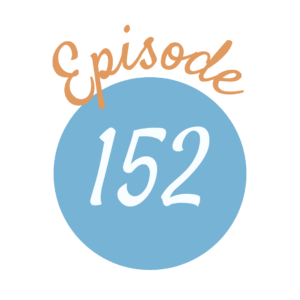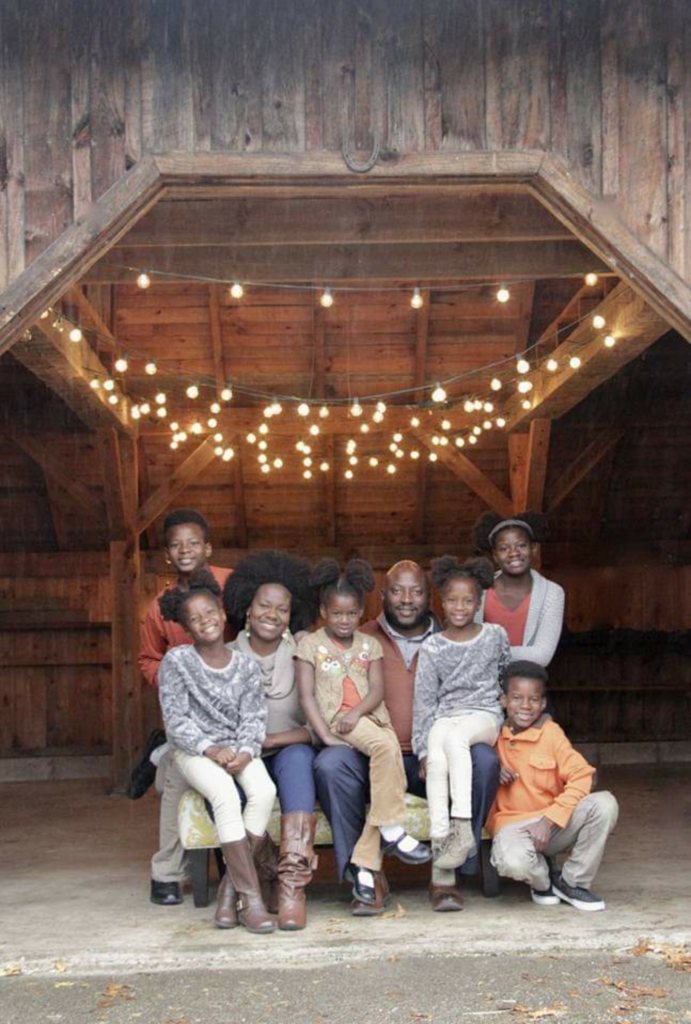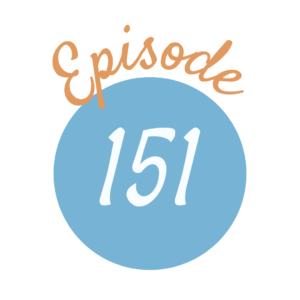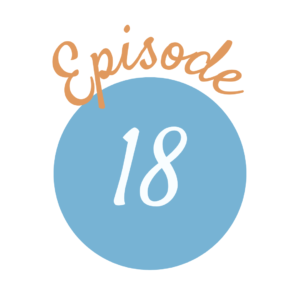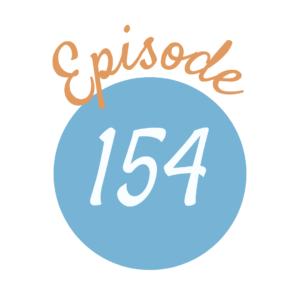
We begin a new year with Charlotte Mason’s birthday by celebrating her life. This podcast episode reviews the timeline of Charlotte Mason’s life, her accomplishments and the progression of her career, and reveals in part the beautiful influence her generous life offers us today.
Listen Now:

“I do not wish my life to be written, it is the work that matters, it will live.” (Charlotte Mason to Elsie Kitching)
“It would seem a far cry from Undine to a ‘liberal education’ but there is a point of contact between the two; a soul awoke within a water-sprite at the touch of love; so, I have to tell of the awakening of a ‘general soul’ at the touch of knowledge. Eight years ago the ‘soul’ of a class of children in a mining village school awoke simultaneously at this magic touch and has remained awake. We know that religion can awaken souls, that love makes a new man, that the call of a vocation may do it, and in the age of the Renaissance, men’s souls, the general soul, awoke to knowledge: but this appeal rarely reaches the modern soul; and, notwithstanding the pleasantness attending lessons and marks in all our schools, I believe the ardour for knowledge in the child of this mining village is a phenomenon that indicates new possibilities. Already, many thousands of the children of the Empire had experienced this intellectual conversion, but they were the children of educated person. To find that the children of a mining population were equally responsive seemed to open a new hope for the world. It may be that the souls of all children are waiting for the call of knowledge to awaken them to delightful living.” (6/xxv)

Story of Charlotte Mason, Essex Chomondeley
Ambleside Geography Book I, Charlotte Mason (in print here)
Ambleside Geography Book 2, Charlotte Mason
Ambleside Geography Book 3, Charlotte Mason
Ambleside Geography Book 4, Charlotte Mason
Ambleside Geography Book 5, Charlotte Mason
The British Museum for Children, Frances Epps
The Forty Shires, Charlotte Mason
Home Education (Volume 1), Charlotte Mason
Story of the World (Volumes 1, 2, 3, in print and here all volumes online)
The Gospel History, C.C. James (online here)
(Contains Affiliate Links)

Charlotte Mason Poetry’s Saviour of the World resources
Episode 13: The Saviour of the World
Episode 105: Saviour of the World Immersion

